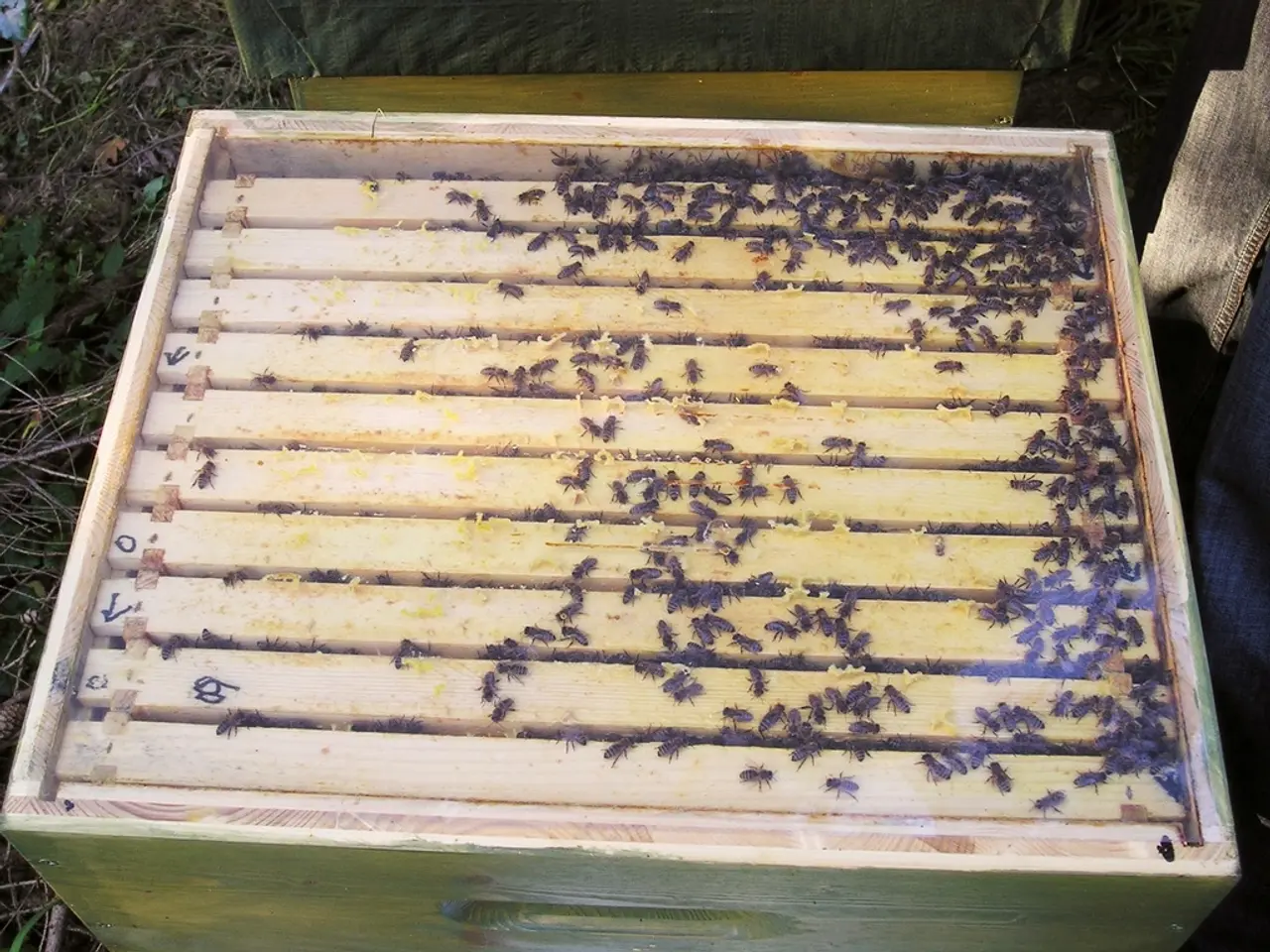Organic Means of Deterring Pests in an Outdoor Setting
Natural Pest Control and Gardening Solutions
In the pursuit of a thriving, pest-free garden, many gardeners are turning to natural methods for pest control. This integrated approach combines various ecological and organic strategies, as detailed below.
Crop Rotation
By changing the planting location of crops each year, gardeners can reduce pest and disease buildup in the soil. This simple technique helps maintain a healthy garden ecosystem.
Building Healthy Soil
Enriching soil with compost and organic matter strengthens plants' resilience to pests. A well-nourished garden is better equipped to fend off unwanted visitors.
Companion Planting
Planting herbs and flowers that repel pests or attract beneficial predatory insects is another effective method. For example, marigolds repel nematodes and aphids, while basil keeps mosquitoes at bay. Dill and cilantro attract predators of harmful insects.
Physical Barriers
Using row covers or mesh netting to shield crops from flying insects is a practical solution. Copper tape can deter slugs and snails around beds.
Natural Sprays and Homemade Remedies
Garlic spray (garlic blended with water and mild soap) and neem oil act as pest repellents and mild fungicides. Insecticidal soaps made from liquid soap and vegetable oil can also control pests on contact without harming beneficial insects too much.
Attracting Beneficial Insects
Plant pollinator-friendly flowers to encourage ladybugs, predatory wasps, and spiders that feed on pests. These beneficial insects are natural allies in the fight against garden pests.
Mulching and Solarization
Mulching suppresses weeds and pest habitat, while soil solarization with clear plastic during hot months can kill soil-borne pests and nematodes.
Regular Monitoring and Early Intervention
Inspect plants frequently for pest damage like leaf holes, sticky honeydew, or visible insects. Early natural treatments are more effective and less disruptive to the garden ecosystem.
Product Recommendations
For those looking for specific products to help with pest control, the following options are available:
- A Deer Proof Cedar Complete Raised Garden Bed Kit is available in dimensions 8 x 8, 12 x 8, and 8 x 16.
- Insect Dust Diatomaceous Earth is available in a 4.4 lb size.
- Milky Spore Powder for Japanese Beetle control is available in a 10 oz size.
- Flies Be Gone Non-Toxic Fly Trap is a product.
- A Wooden Bat House with a single chamber is available.
- Mosquito Dunks are also available as a product.
By employing these natural pest control methods and products, gardeners can create a healthier, more sustainable garden ecosystem that is less reliant on chemical pesticides.
In this ecologically-focused garden, Companion Planting with marigolds, basil, dill, and cilantrol, along with building Healthy Soil with compost and organic matter, helps maintain a lifestyle that fosters increased plant resilience to pests. Furthermore, natural spray solutions, such as garlic spray and neem oil, provide a home-and-garden setting where pests are repelled and the use of harmful chemical pesticides is significantly reduced.




